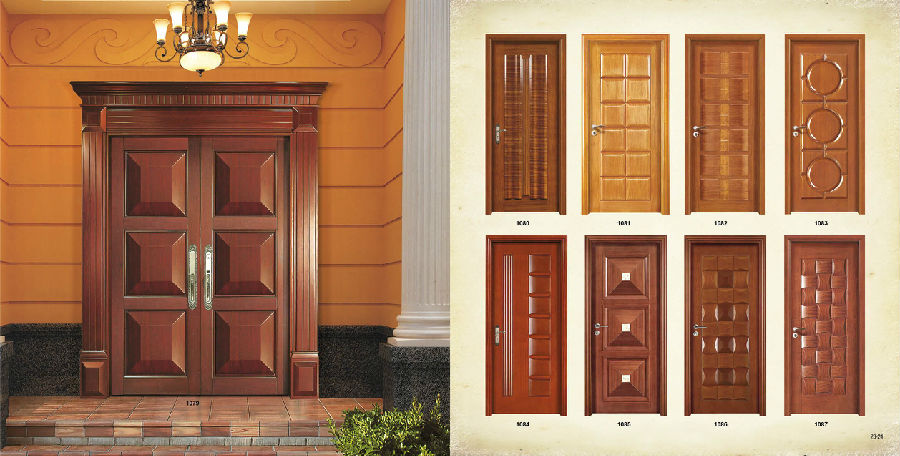The Evolution and Appeal of Modern Kitchens

1. Defining the Modern Kitchen Style
Modern kitchens have evolved from traditional, functional spaces to sleek, stylish environments that combine both aesthetic appeal and high-performance functionality. Characterized by clean lines, minimalistic designs, and open spaces, modern kitchens aim to create a more fluid and accessible environment. Often featuring neutral tones, such as whites, blacks, and greys, modern kitchens focus on simplicity while incorporating state-of-the-art appliances and innovative materials to achieve a sophisticated yet inviting atmosphere. This design approach emphasizes form following function, ensuring that every element serves both a practical and visual purpose.
2. Integration of Technology in Modern Kitchens
In today’s kitchens, technology is an essential element that enhances both convenience and efficiency. Smart kitchen appliances, such as refrigerators that monitor food inventories, ovens with remote control capabilities, and voice-activated faucets, are just the beginning of the technological transformation. Modern kitchens are also equipped with integrated lighting systems that can be adjusted based on the time of day or task. This seamless integration of smart technology ensures that cooking, cleaning, and organizing can be done with ease and precision, allowing homeowners to enjoy both the experience and outcome of their kitchen space.
3. Open-Concept Kitchen Layouts
One of the most striking features of modern kitchens is the open-concept layout, which fosters a sense of space and connectivity. Gone are the days of isolated cooking areas; today, kitchens flow seamlessly into dining and living spaces, making them ideal for entertaining guests or spending quality time with family. The removal of walls and the introduction of large central islands have become a hallmark of modern kitchen design. These islands not only provide extra workspace but also serve as focal points for social interaction, encouraging people to gather around and share in the cooking experience.
4. Sustainable Materials and Eco-Friendly Design
Sustainability has become a priority in modern kitchen design, with eco-conscious homeowners seeking to reduce their environmental impact. This is reflected in the growing use of sustainable materials, such as recycled countertops, energy-efficient appliances, and water-saving fixtures. Bamboo cabinetry, low-VOC paints, and countertops made from reclaimed wood or recycled glass are just some of the materials that are making their way into contemporary kitchens. These choices are not only environmentally friendly but also add unique textures and character to the space, proving that sustainable design can be both beautiful and functional.
5. Customization and Personalization
One of the most appealing aspects of modern kitchens is the level of customization they offer. With a wide range of modular cabinetry options, customizable storage solutions, and various finishes, homeowners can design their kitchens to reflect their individual tastes and needs. Whether it’s choosing the perfect countertop material, selecting the right backsplash, or incorporating specialized storage for wine or spices, modern kitchens allow for personalization at every turn. This customization ensures that the kitchen is not just a space for cooking but a reflection of the homeowner’s lifestyle and preferences.
